Our Expertise at the DWI - Five Areas of Competence
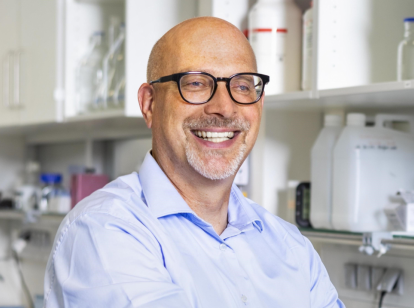
Interim Scientific Director | Member of the Scientific Board
Prof. Dr. Andreas Herrmann
Biomolecular Chemistry & Genetic Engineering
The research of Andreas Herrmann and his group focuses on synthetic chemistry and molecular biology. For the development of complex functions, the precise assembly of different building blocks into well-defined nanoscopic aggregates is essential. Pioneering work has been carried out in the development of two classes of materials inspired by nature: Nucleic acid-polymer conjugates and supercharged polypeptides (SUPs).
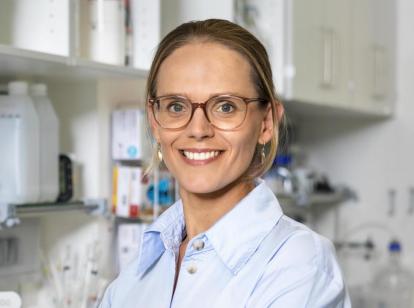
Member of the Scientific Board
Prof. Dr.-Ing. Laura De Laporte
Advanced Biomedical Materials
The expertise of Laura De Laporte and her research group covers the development of instructive and interactive biomaterials with defined and dynamic biochemical, mechanical and structural properties to mimic the complexity and dynamics of the native cell environment and to grow functional tissues. The materials are used for regenerative medicine in vivo, bioprinting ex vivo, and automated high-throughput testing platforms for healthy and diseased cell and tissue models in vitro.
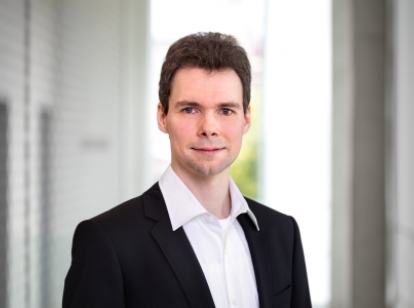
Mitglied der Wissenschaftlichen Leitung
Prof. Dr. Raphael Wittkowski
Theory of Active Soft Matter
This research group focuses on the theoretical physics of active soft matter. This includes its fundamental properties and practical applications. Current research topics of the group include ultrasound- or light-driven microrobots, acoustofluidics, microfluidics, computational fluid dynamics simulations, ultrasound, programmable and intelligent materials, 3D printing, and artificial neural networks, as well as the applications of these topics in medicine and mechanical engineering. The methodological focuses of the group are modeling, method development, computer simulations, and software development.
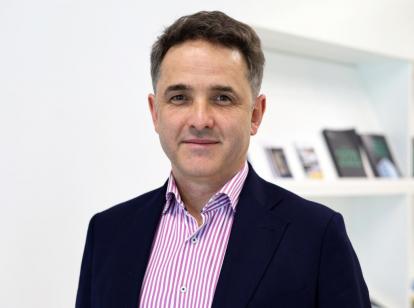
Member of the Scientific Board
Prof. Dr. Andrij Pich
Functional & Interactive Polymers
Andrij Pich and his team have extensive experience in the synthesis of functional polymers and microgels with controlled chemical structure and morphology. Various molecular building blocks such as monomers and macromonomers are developed and used for the controlled synthesis of macromolecular and hybrid structures by controlled polymerization/crosslinking in homogeneous and heterogeneous systems and by precipitation processes.
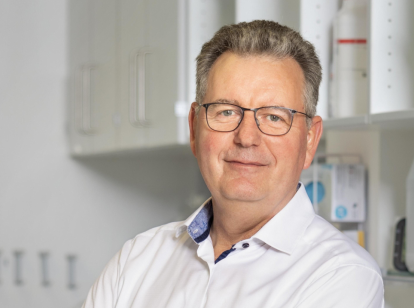
Member of the Scientific Board
Prof. Dr.-Ing. Matthias Wessling
Chemical Product & Process Engineering
Matthias Wessling and his research group work on the development and translation of membranes and membrane technologies to current global challenges in the fields of biochemical processes, hybrid processes and electrochemical membrane reactors. The spectrum of topics ranges, e.g., from flow-optimizatino of cultivation reactors of artificial organs to manufacturing methods of three-dimensional membranes and their application in gas separation and liquid filtration, to the development of electrochemical electrodes and processes.
